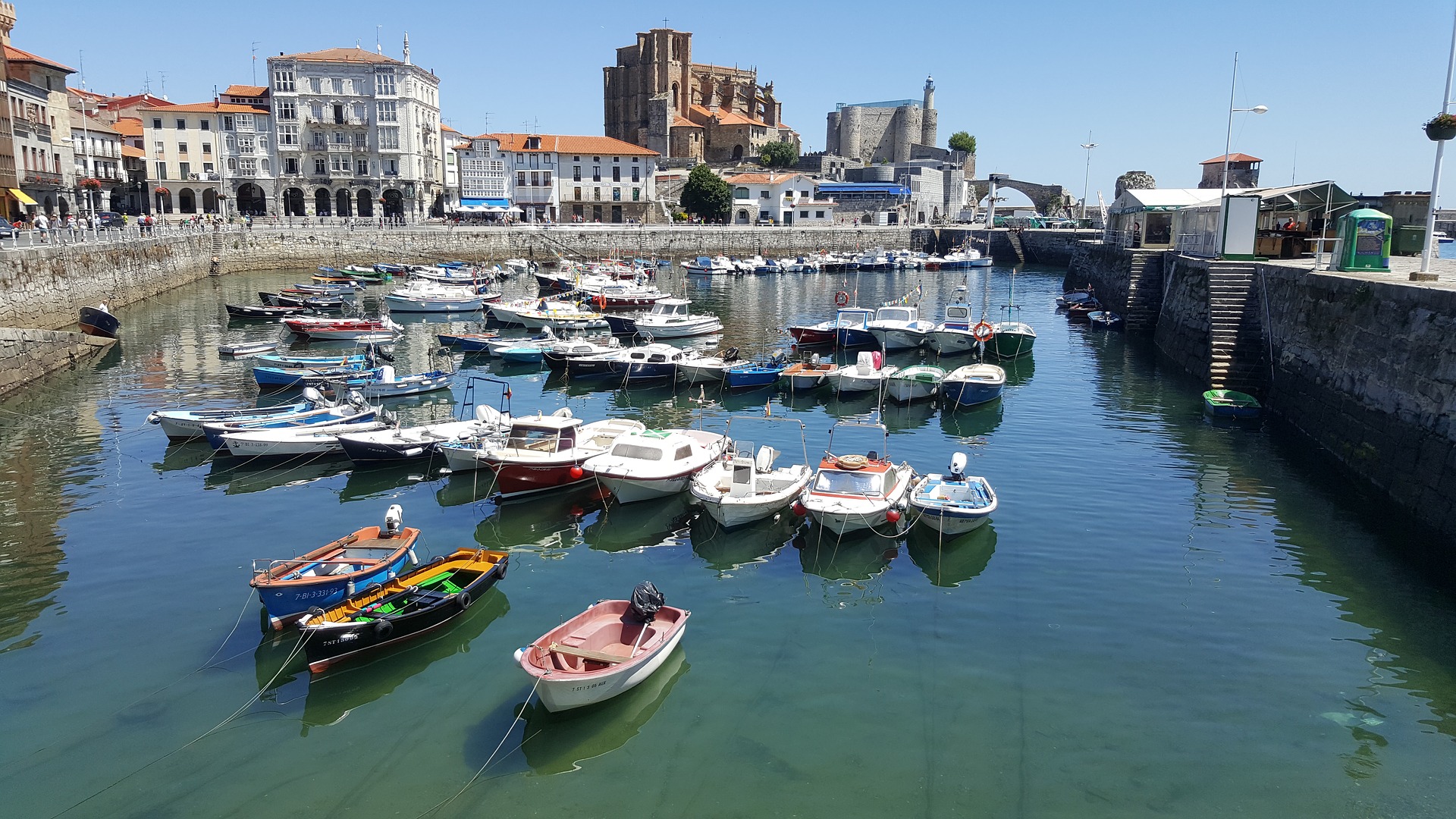
Cantabria
Inheritance tax Cantabria
Cantabria has its own inheritance tax regulations as a result of the Spanish State ceding the tax revenue of inheritance and gift tax to Comunidades Autónomas, along with some regulatory autonomy to adapt tax to the particular circumstances of the respective Comunidad Autónoma.
This means that most Comunidades Autónomas have ruled new (and huge) benefits compared to those established by the Spanish State.
While the tax scheme and regime is the same in all parts of Spain, the Comunidades Autónomas took advantage of the given power to fix higher thresholds, or different rates or direct reductions on the amount to be paid (and sometimes all of these) to benefit close relatives of the deceased or disabled people. There are also benefits that help promote local business, farming, etc. as well as in the acquisition of the Comunidad Autónomas’ cultural assets.
However, the Comunidades Autónomas change their regulations quite frequently so it is necessary to check the regulation in force at the time the tax is due (the day of death).
In Cantabria unmarried couples have the same rights as married couples provided their relationship had been constituted and inscribed as being ruled under Cantabria`s Law of “ Parejas de Hecho”.
In Cantabria there is no limit in the reduction to be applied to the amount received from a life insurance policy by ascendants, descendants or spouses ( 100%).
There are also bigger reductions that those ruled by the State law for disabled people.
There is a deduction of 100% of the total amount to be paid by ascendants, descendants or spouses. The same deduction will benefit legal guardians appointed judicially or those who prove they have lived with the deceased for the two years preceeding death.
Since 1 January 2024 there is a deduction of 50% for siblings ( not including in-laws).
In Cantabria there are peculiarities related to the reduction of value of the house which has been the habitual residence of the deceased and in the acquisition of an individual enterprise, professional business or share in a company.
Since 1.1.2018 the reduction for the acquisition of the house, which was the habitual residence of the deceased, has been downgraded to 95% of its value ( 99% before) with a limit in the reduction of 125.000 € for each tax payer. Remember that this reduction applies only to the tax duties of the spouse or registered unmarried partner, descendants or ascendants of the deceased
SINCE THE FIRST OF JANUARY 2018
There is a new reduction of 25.000 € in the acquisitions by siblings.
The tutor ( legal guardian) is considered among the group II, ascendants and descendants over 21 even in the case the legal guardian is unrelated.
The reduction in the life insurance has a limit of 50.000 € for each tax payer.
The reduction in the value of the house which was the habitual residence is cut to 95% with a limit of 125.000 for each tax payer.
For acquisitions by a married or unmarried partner the first 250.000 are taxed at 0% and the rest 0.8%
For acquisitions by ascendants or descendants which were previously taxed at 0.8%, since the 1.1.2018 are taxed according to a scale which is in the calculator.
The amount to be paid (cuota) is reduced for ascendants, descendants and spouse by 100% if the acquisition is under 100.000 € or by 90% if the acquisition is over 100.000 €.
Since 1-1-2019 this benefit has been extended to 100% on the amount ( Cuota ) to be paid in the tax duties by the spouse or registered unmarried partner, ascendants, and descendants whatever the value of their acquisition.
Also, a new benefit has been added of 90% of the amount to be paid as tax duties for any person who was the court-appointed legal guardian of a deceased disabled person, that benefits anyone even if he or she is unrelated.
- The question now is who can take advantage of these benefits:
- If the deceased was a resident in Spain, the inheritance tax law of Cantabria is applicable if the deceased lived there for most of the five years immediately prior to death.
If the deceased had lived longer in another Comunidad Autónoma than that in which they had their last residence, within this last five year period, that Comunidad Autónoma’s rule will be applied.If the deceased was a resident in Spain, but for less than five years at the time of death, no Comunidades Autonomas Law will be applicable, BUT Spanish State Law will be applied.
- If the deceased was a non-resident in Spain, BUT the beneficiary is, the tax payer can choose to apply the rule of the Comunidad Autónoma where the most valuable assets are located and, if there are no assets in Spain, the Law of the Comunidad Autónoma where they live.
- In cases where both the beneficiary and the deceased were non-residents, the tax payer can choose the law of the Comunidad Autónoma where the most valuable assets are located.These options for non-residents, are the result of a long process that has evolved in Spanish Law since the European Court of Justice resolution of September 2014.
Any Questions?
successions@inheritancespain.com
Contact us for specific personal advice for your individual case



